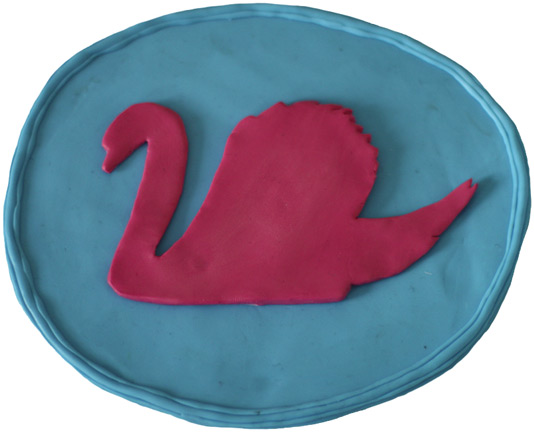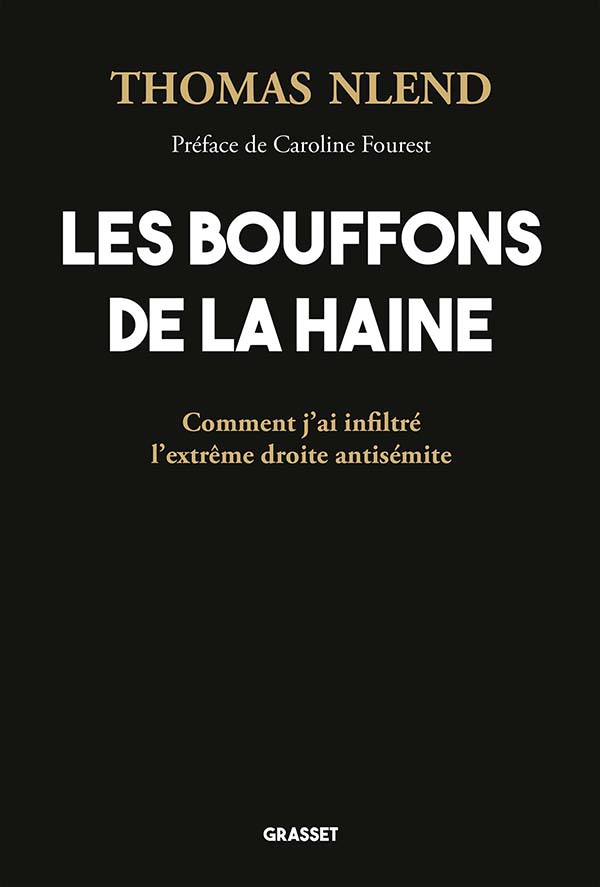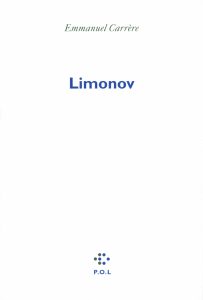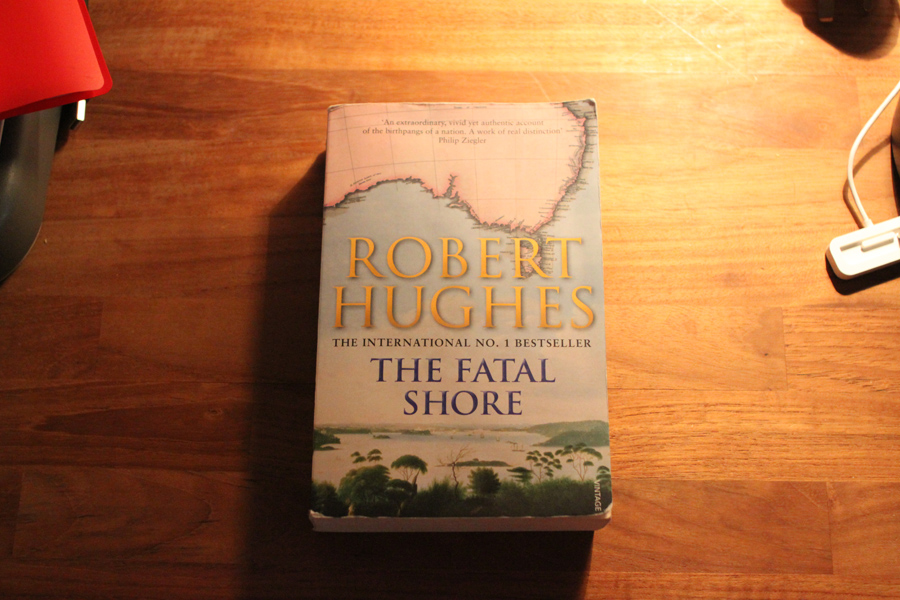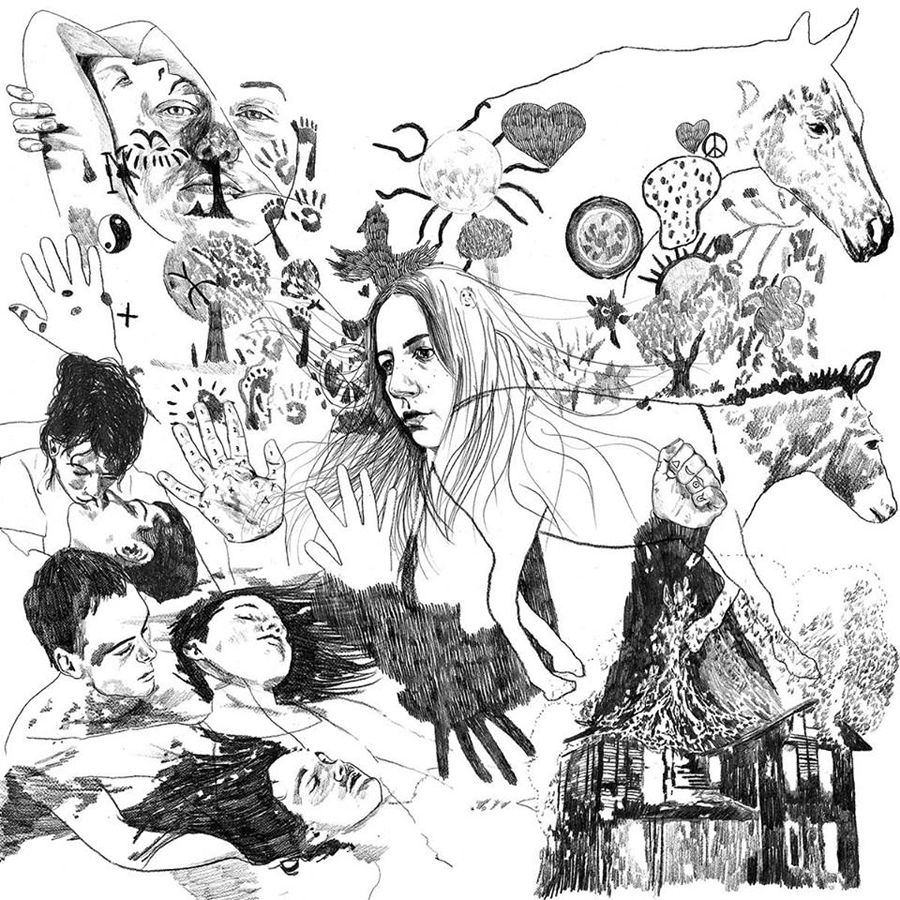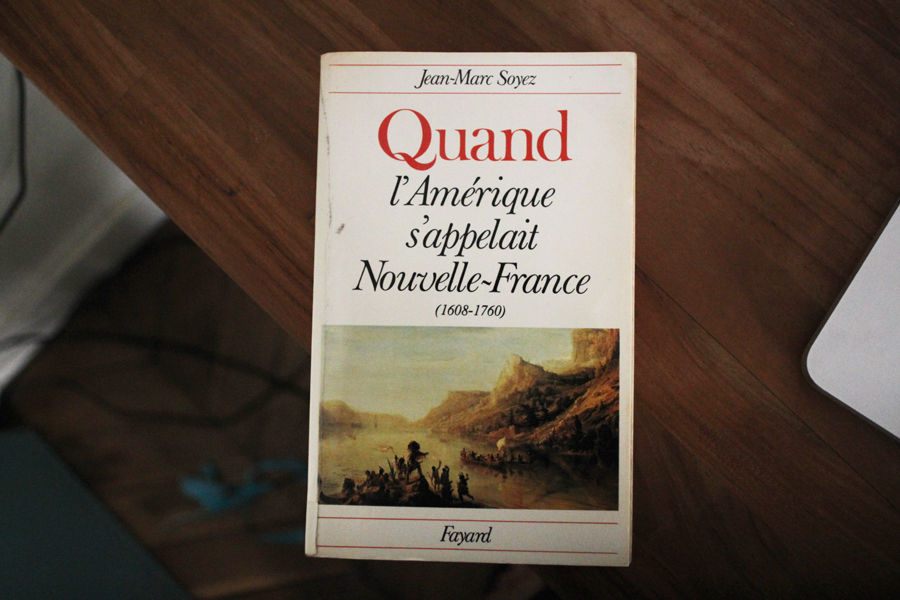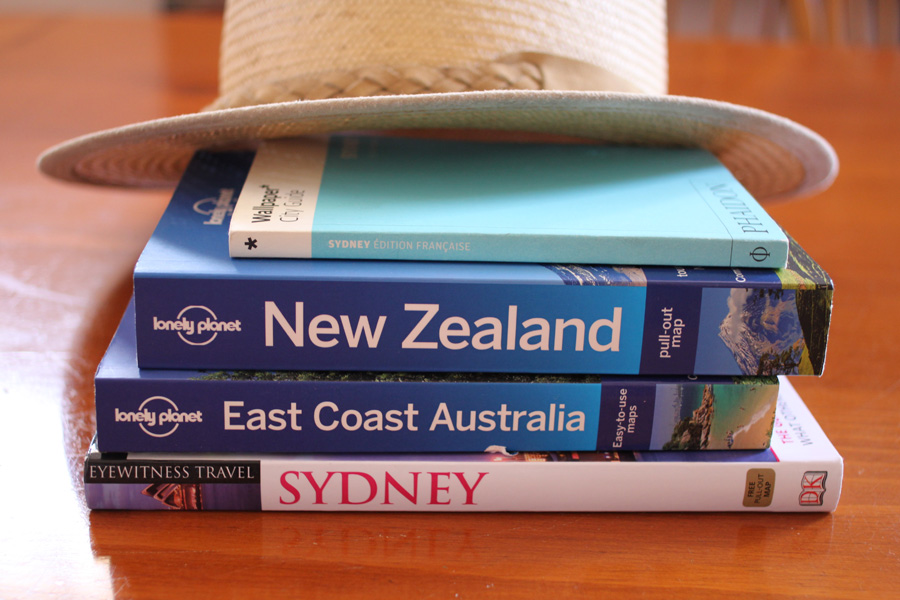En 2022 je veux lire davantage, et je vais faire de courtes fiches de lecture ici pour moi.
Celui-ci en résumé: mal écrit, pas convaincant et beaucoup de mensonges… Next!
Je viens de finir “Limonov” d’Emmanuel Carrère, je le trouve fantastique, bien supérieur à “Un Roman Russe”. L’auteur a muri.
Finally finished reading the 600 pages of this little marvel. I’m fascinated.
“In hoc signor vinces”
I love Toby‘s work.
Saw this film at the Irish Cultural Center in Paris and it was so strange but so unlike anything I’d seen before…
It’s by Yinka Shonibare.
Here is just an excerpt.
Just finished reading this book… I’ve grown more and more fascinated by the stories of the Great Explorers and the early colon settlements.
p 164
“Quand, avec l’intendant Talon, fonctionnaires et officiers royaux débarquent à Québec en 1665, il n’y a pratiquement plus d’Indiens purs dans le bassin du Saint-Laurent. Tous les indigènes de souche amérindienne ont été exterminés par les épidémies apportées fort inconsciemment par les colons et surtout par les missionnaires et leurs aides européens, car ils se sont avancé et fixés plus loin que les autres en pays vierges.
C’est donc la volonté de fraternité qui tue les alliés des Français. Les Iroquois, tenus à distance par le mépris des Anglais qui restent dans leurs comptoirs, seront moins touchés par la maladie.”
I’ve finished reading Un Roman Russe by Emmanuel Carrère. My friend Marion offered me that book (together with the film that Emmanuel shot at the same time: “Retour à Kotelnitch”) a few days before I flew to St Petersburg. I had watched the film a while ago but hadn’t read the book. Strangely, while in Petersburg I started making lists of books I wanted to read about Russia but couldn’t really get myself to start any of them. Like I wanted to experience the city and the people first hand without being clouded by anybody else’s vision.
Thing is, now I’m in Sydney, with all the aforementionned books which weighted a ton in my suitcase and I can often be found reading russian stories while lying in the sun. I must love contrast.
I really liked Emmanuel’s book although I must admit that going from Stendhal’s magnificient, insightful and precise style to a more modern language didn’t do Emmanuel much of a service. I enjoyed how he manages to create a canvas of narrations and make them all slowly fit together but what I related to most was that as a grown up he decided to start learning russian again in order to track his maternal roots. Reading about his struggles with it, and how he had to take several months trips to Moscow, spending his days writing notes and new vocabulary and still feel like he didn’t get anywhere is something I have experienced too. There are so few people in Paris who have that intense curiosity for Russia that I felt a strong connection with him straight away.
The love story, or break up story rather, on the other end didn’t really convince me and worse still, the depiction of his sex life – and even the erotic short story in the middle – I felt were not interesting at all. Even quite vulgar actually. The way people talk or write or even display sex these days is really poor and predictible. It’s like people mistake sex and pornography, but this could be a whole blog entry in itself. I just find it so caricatural – almost morbid. The psychological aspect of sex surely is a lot more interesting to try to convey, in my opinion.
Anyway, apart from that yes I did cry a bit at the end because I found it so moving how he went all that way in an attempt to understand what had happened to his georgian grandfather (who disappeared in 1944) so that he can alleviate some of his mother’s suffering and dedicates the book to her.
In a way, the traditional love story lacked something (I did not get why he loved that woman so much – maybe the characters lacked emotional depth, I couldn’t really understand their attachment for each other) whereas his love for his mother and his love for his russian heritage were blinding and inspiring.
Thanks again Marion for this thoughful gift.
I feel like I’ve been punched in the stomach. Is that normal after reading a book?
This book is a classic and although I had used it as an example many a times before in high school dissertations I had never actually read it. (Yes I was smart like that!)
It is considered a masterpiece of french litterature and I must admit I was dubious on wether that was the case up until the end. I found some moments to be a bit long but I surely wasn’t expecting the final unravelling that gives the book its whole tragic dimension.
I was shoked and disturbed and I still don’t know what lesson this novel is supposed to teach. I wasn’t sure if I liked the main character – Julien Sorel because the way Stendhal comments and intervenes into the storytelling made me feel ambivalent.
This story definitely makes you question love and the things we do to ourselves and others in the sake of love – or passion should I say. I wonder if passionnate love isn’t purely evil and if we shouldn’t focus more on pragmatic choices for our mating.
As I was saying in an older entry I am now convinced that there isn’t such thing as an important writer that isn’t also a moralist. At the heart of Le Rouge et le Noir is the moral question: the right and the wrong in the name of love.
And on top of that moral dilemma Stendhal’s language is precise, elegant and sharp. I understand now why it’s a masterpiece.
I’ve collected some little extracts that I liked.
“Enfin, il va me dire son secret, pensa Julien, le voilà qui me parle de lui ; il y a épanchement.”
“Dans les caractères hardis et fiers il n’y a qu’un pas de la colère contre soi-même à l’emportement contre les autres; les transports de fureur sont dans ce cas un plaisir vif.”
“Minuit sonna pendant le silence qui suivit le beau mot: je le ferai. Julien trouva que le son de la pendule avait quelque chose d’imposant et de funèbre. Il était ému”
”Forcé de passer huit jours à Strasbourg, Julien cherchait à se distraire par des idées de gloire militaire et de dévouement à la patrie. Etait-il amoureux? Il n’en savait rien, il trouvait seulement dans son âme bourrelée Mathilde maîtresse absolue de son bonheur comme de son imagination. Il avait besoin de toute l’énergie de son caractère pour se maintenir au-dessus du désespoir. Penser à ce qui n’avait pas quelque rapport à mademoiselle de La Mole était hors de sa puissance. L’ambition, les simples succès de vanité le distrayaient autrefois des sentiments que madame de Rênal lui avait inspirés. Mathilde avait tout absorbé; il la trouvait partout dans l’avenir.”
“C’était une fatalité de son caractère d’être extrêment sensible à ses fautes. Il était fort contrarié de celle-ci et ne songeait presque plus à la victoire incroyable qui avait précédé ce petit échec…”
“Quelles ne seront pas ses prétentions, si jamais il peut tout sur moi ? Eh bien! je me dirai comme Médée : Au milieu de tant de périls, il me reste MOI.”
Well… I guess you might wonder where I’m at with my “read more books” 2013 resolution. I really should be reviewing more than one a month, right?
You see… The thing is I’ve been spending time at the beach reading all of these below. Does that qualify?
